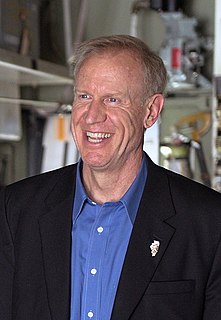A Quote by Evan Osnos
The devotion that young Chinese feel to the Internet is driven by deep factors ranging from youth unemployment and income inequality to political repression and the demographic imbalance between men and women.
Related Quotes
The second thing I wrote down that day was that exclusive male imagery of the Divine not only instilled an imbalance within human consciousness, it legitimized patriarchal power in the culture at large. Here alone is enough reason to recover the Divine Feminine, for there is a real and undeniable connection between the repression of the feminine in our deity and the repression of women.
People ask me almost every day, "Why? You are successful, you have kids, you have grandchildren, so why?" Feminist women are seen as unsatisfied. But all women in the world, if they are well aware of inequality, are unsatisfied women. They don't have the same rights as men, and there is no freedom until there is equality between men and women.
There have always been two theories about inequality. One is that it reflects just deserts. The other is that there are large elements of exploitation and inequality of opportunities. The evidence is overwhelmingly that the increase in inequality is associated with those negative factors. If it were all social contribution, then when the top did better, they would be contributing to everybody's well-being. That trickle-down hasn't happened. We've seen median income, people in the middle, actually worse off than they were 25 years ago.
































